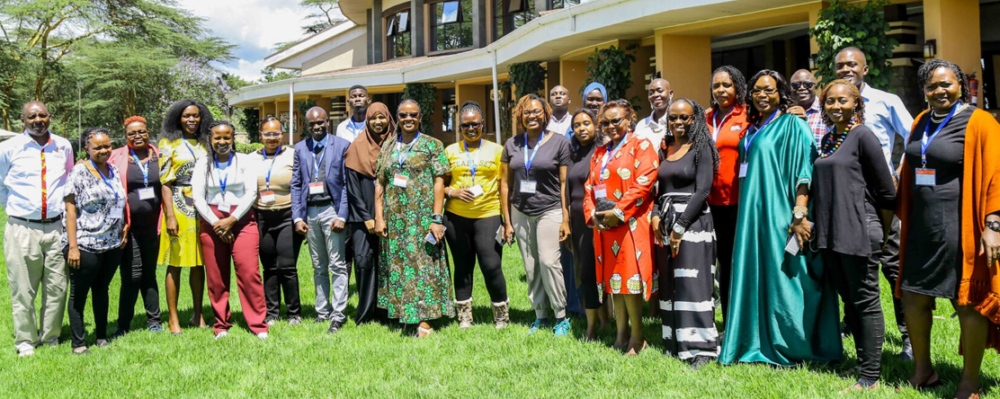
Press Release
Childhood Adversity Plays a Large Role in Heavy Alcohol Use
-
Issues
Alcohol -
Expertise
Research – Quantitative -
Programs
Alcohol Research Group

ARG Study Finds Childhood Trauma and History of Family Alcohol Problems Increase Likelihood of High Intensity Drinking, Particularly Among Indigenous American Drinkers
Emeryville, CA (September 22, 2021) – In new research that compares drinking rates across racial/ethnic groups, American Indian/Alaska Native (AI/AN) current drinkers report more instances of high intensity drinking (eight or more drinks in any one day) than Whites and other groups combined. However, when considering the population as a whole, and with childhood trauma and family history of problem drinking added to the model, the difference between groups disappears, suggesting that social determinants and family history may largely account for the disparities in heavy drinking among AI/AN drinkers compared to other racial/ethnic groups.
The paper published today in the Journal of Studies on Alcohol and Drugs was conducted by the Alcohol Research Group (ARG), a program of the Public Health Institute in collaboration with the Scripps Research Institute of La Jolla, California. The study used data from four U.S. National Alcohol Surveys conducted between 2000 and 2015.
“Childhood trauma and biological family history of drinking problems negatively affected all groups and strongly increased the likelihood of drinking and heavy drinking,” says lead author and ARG senior scientist Thomas K. Greenfield. “However, it is more important for American Indians and Alaska Native individuals because of the higher number of respondents who reported such adverse childhood experiences than for other groups.”
Sonny Skyhawk, Rosebud Sioux, is an actor, producer, activist, cultural ambassador for the U.S. State Department and board member of Alcohol Justice. In discussions with the paper’s lead author, he commented: “[T]here is a wave of blame or cause that exists and has existed over many decades of abuse… people’s willingness to turn a ’blind eye’ [to alcohol purveyors]… ’Bootleggers’ continue to thrive and feed the artery of addiction and trauma that was created over those years of neglecting to acknowledge the issue of alcoholism.” Skyhawk’s comments followed a recent trip to South Dakota and Nebraska where liquor licenses were withdrawn and stores closed in an alcoholism prevention campaign.
As the study notes, “An important factor to consider among AI/AN groups is the effect of historical trauma on heavy alcohol consumption” although this could not be measured in this particular study. At a meeting with Tribal Leaders to present the preliminary research, Greenfield noted that from the outset of American colonization, extreme intoxication was common among early settlers, and alcohol was often provided by colonists to Indians to facilitate trading (e.g., for furs), “thus modeling and encouraging extreme bouts of drunkenness.” Previous research has shown the links between historical trauma among AI/AN groups and current high rates of adverse childhood experiences.
“To reverse an issue of this magnitude will undoubtedly take a concerted and direct effort by many, and to me it becomes tantamount to giving eyesight to someone who heretofore has willingly been blind,” Skyhawk said. “My personal view is that many generations, past and present, have suffered in silence and obscurity, only because they were deemed unimportant or in the way of progress.”
For over sixty years, the Alcohol Research Group (ARG) has been actively engaged in critically needed alcohol- and other drug-related public health research. We study drinking and other drug use and how these and other factors such as gender, race/ethnicity, sexual identity, socioeconomic disparities, and environmental differences affect health. ARG is also home to the NIAAA-funded National Alcohol Research Center and training program. Please visit arg.org.
ARG is a program of the Public Health Institute, an independent nonprofit organization, dedicated to promoting health, well-being and quality of life for people throughout California, across the nation and around the world. Please visit phi.org
Research reported in this publication was supported by the National Institute on Alcohol Abuse and Alcoholism (NIAAA) of the National Institutes of Health (NIH) under award numbers P50AA005595 (Kerr) and R01AA027316 (Ehlers). The content is solely the responsibility of the authors and does not necessarily represent the official views of the NIAAA or NIH.
See the Study:
Greenfield, T. K., Patterson, D., Karriker-Jaffe, K. J., Kerr, W. C., Gilder, D. A., & Ehlers, C. L. (2021). Childhood experiences and high intensity drinking among American Indian and Alaska Native adults: findings from the 2000-2015 National Alcohol Surveys. Journal of Studies on Alcohol and Drugs: see the abstract here.
More Updates
Work With Us
You change the world. We do the rest. Explore fiscal sponsorship at PHI.
Support Us
Together, we can accelerate our response to public health’s most critical issues.
Find Employment
Begin your career at the Public Health Institute.



